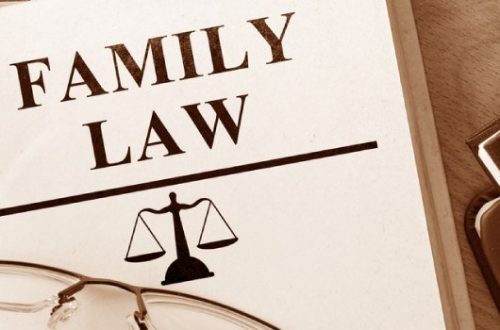Joint vs. Sole Custody
Infant custody is a sensitive issue that can result in contentious dealings between parents. If the parents of a kid cannot come for an agreement regarding guardianship of the kid, they’ll likely seek courtroom involvement to determine each of their privileges and obligations. Generally, the courtroom will order some type of joint guardianship, allowing each mother or father the to custody of the kid. In some instances, however, courts must make the unlucky perseverance that allowing a mother or father to get access to a kid would be harmful to the kid, and offer one mother or father sole custody.
Sole custody vs joint custody – Many people consider guardianship to be the to control the physical location of a kid. Guardianship is multi-faceted, however, and includes both physical guardianship, which is the to determine where in fact the child resides, and legal custody, which is the to make critical possibilities about the child’s health, upbringing, and education. In preceding years, the principal caretaker of a kid, usually the child’s mom, would be granted sole custody. In today’s day, courts are hesitant to offer one mother or father sole custody of a kid absent a substantial reason to take action, and can usually determine some kind of joint guardianship arrangement.
What’s Sole Custody?
Sole custody is normally thought as the exclusive right of 1 mother or father to both physical and legal custody of a kid. As a result, a mother or father with sole custody will maintain charge of identifying where in fact the child resides, and the kid will reside with this parent all the time. Additionally, a mother or father with sole custody would be the only 1 who could make major possibilities about the child’s welfare. If one mother or father has sole custody, the courtroom may permit the other mother or father to have visitation privileges, but with respect to the circumstances, such privileges may be rejected. One parent will most likely only be granted sole custody if the courtroom discovers the other mother or father to be unfit for some reason and in those situations visitation with the unfit mother or father might not be good for the child.
Mixed Exclusive and Joint Custody
In some instances, a courtroom may offer a mixture of joint and sole custody, with one mother or father having exclusive physical guardianship of a kid but both parents having joint legal custody, or the courtroom might want to order the contrary, and offer one parent lone legal custody but allow both parents to have physical guardianship. The courtroom will assess each case predicated on its unique circumstances and consider a number of factors in identifying whether joint or lone physical and legal custody should be granted. As in every custody cases, what’s in the child’s best interest is the paramount concern of the courts.
Joint Physical and Legal Custody
In a genuine joint guardianship situation the courtroom will offer both parents physical and legal custody of a kid. Joint physical guardianship may lead to the kid being with each mother or father fifty percent of that time period, but frequently a straight split of guardianship is not useful, credited to either parent’s work or personal commitments, and the need for structure in the life span of school-age children. As a result, a courtroom may order any divide of physical guardianship that is within the best interest of the kid. Where parents are granted joint legal custody, both have the to consider in on critical possibilities that will have an effect on the kid, such as where in fact the child would go to school, which doctor treats the kid, or if the child will see a certain religious beliefs. Where joint legal custody is purchased, parents will most likely have to seek advice from with each other before deciding on the plan of action or making a substantial decision about the child. In some instances, a courtroom may offer joint legal custody generally, but offer one parent exclusive legal custody when it comes to a specific concern, such as in which a child may go to college.
Much like all custody situations, unless a parent’s parental privileges have been terminated, either voluntarily or by an order of the courtroom, a custody contract or order can be customized about petition, if the courtroom discovers just cause to take action. Generally the courtroom can look at if the circumstances surrounding the problem have transformed significantly, thereby needing a modification to help expand the child’s needs. Therefore, a joint or sole custody situation might not be permanent.



